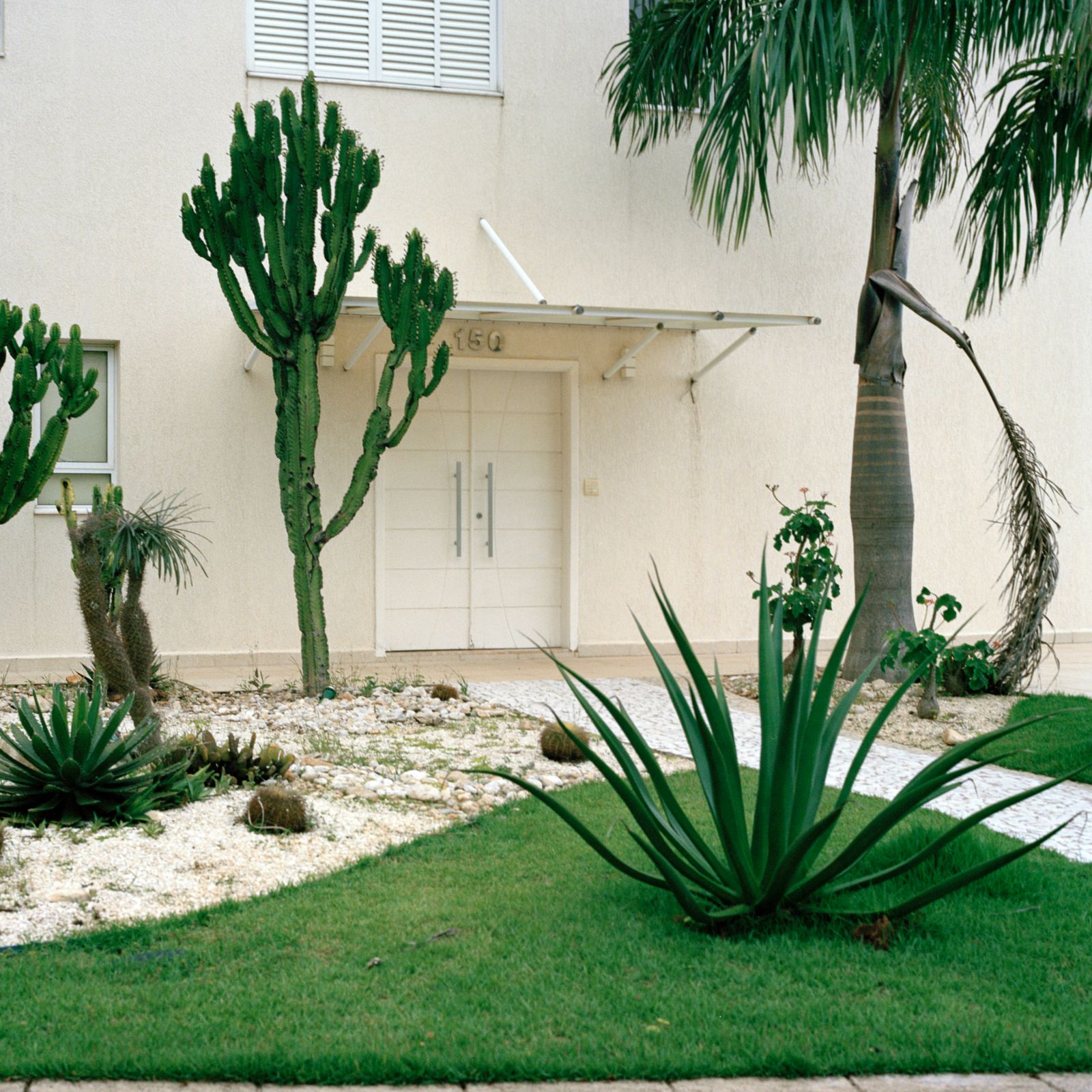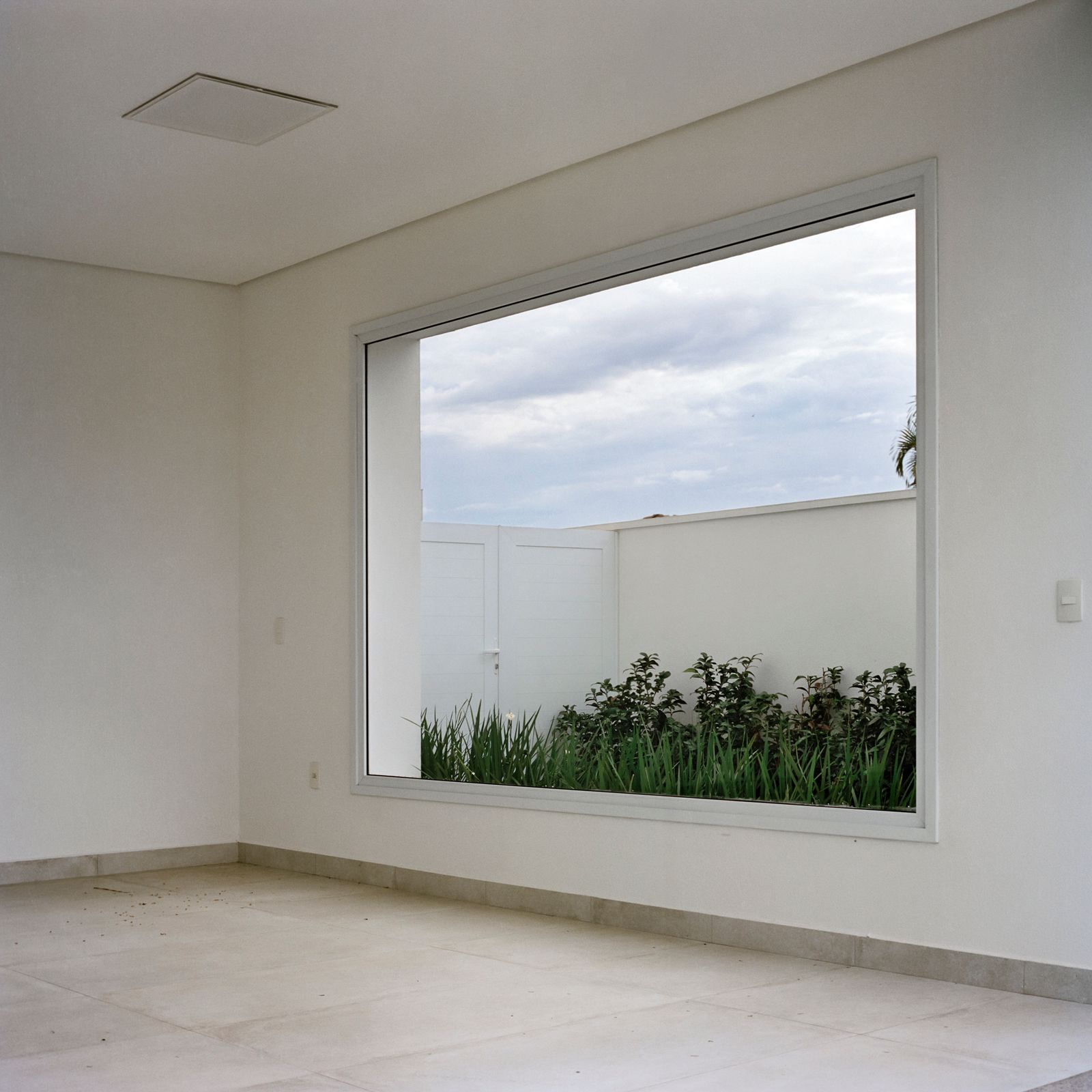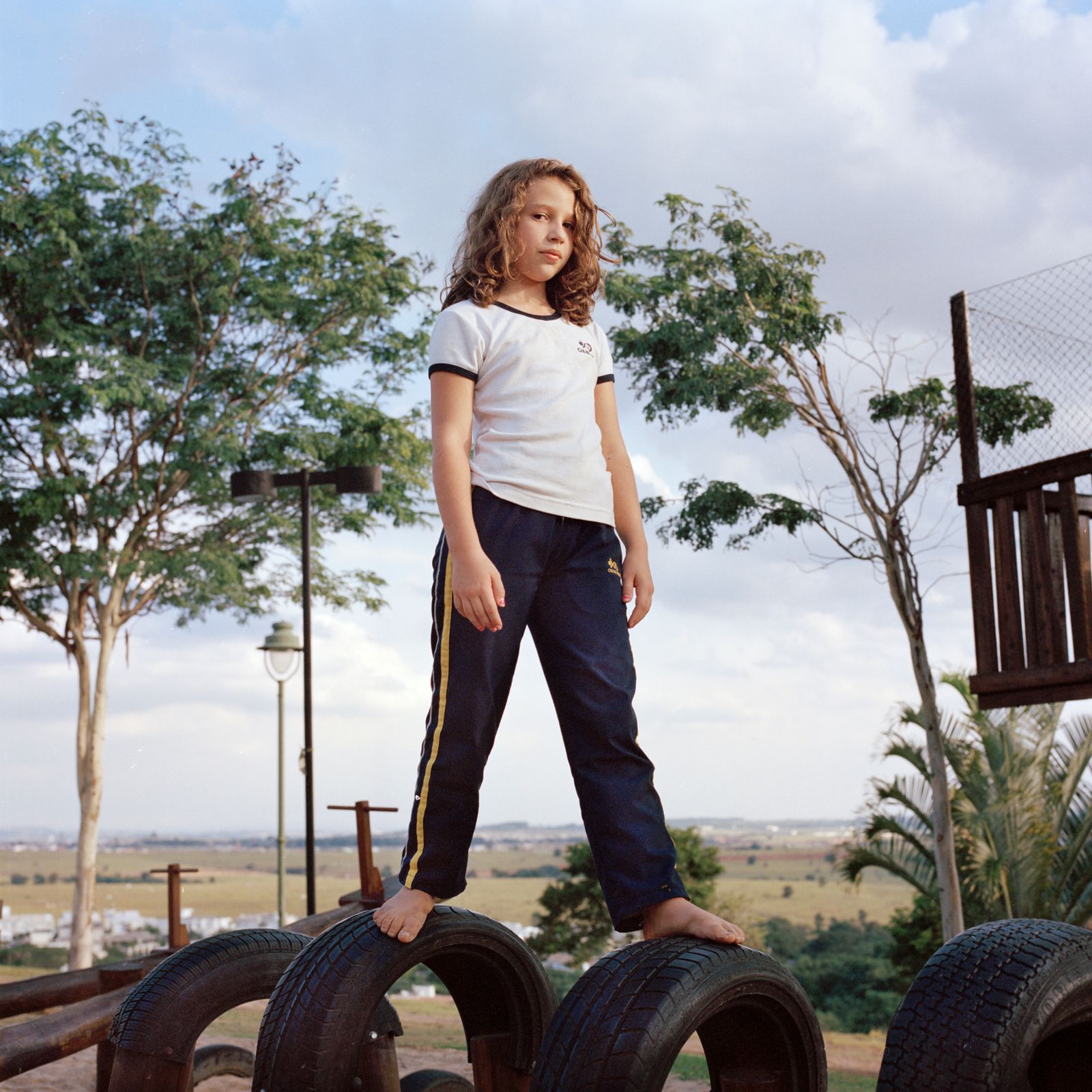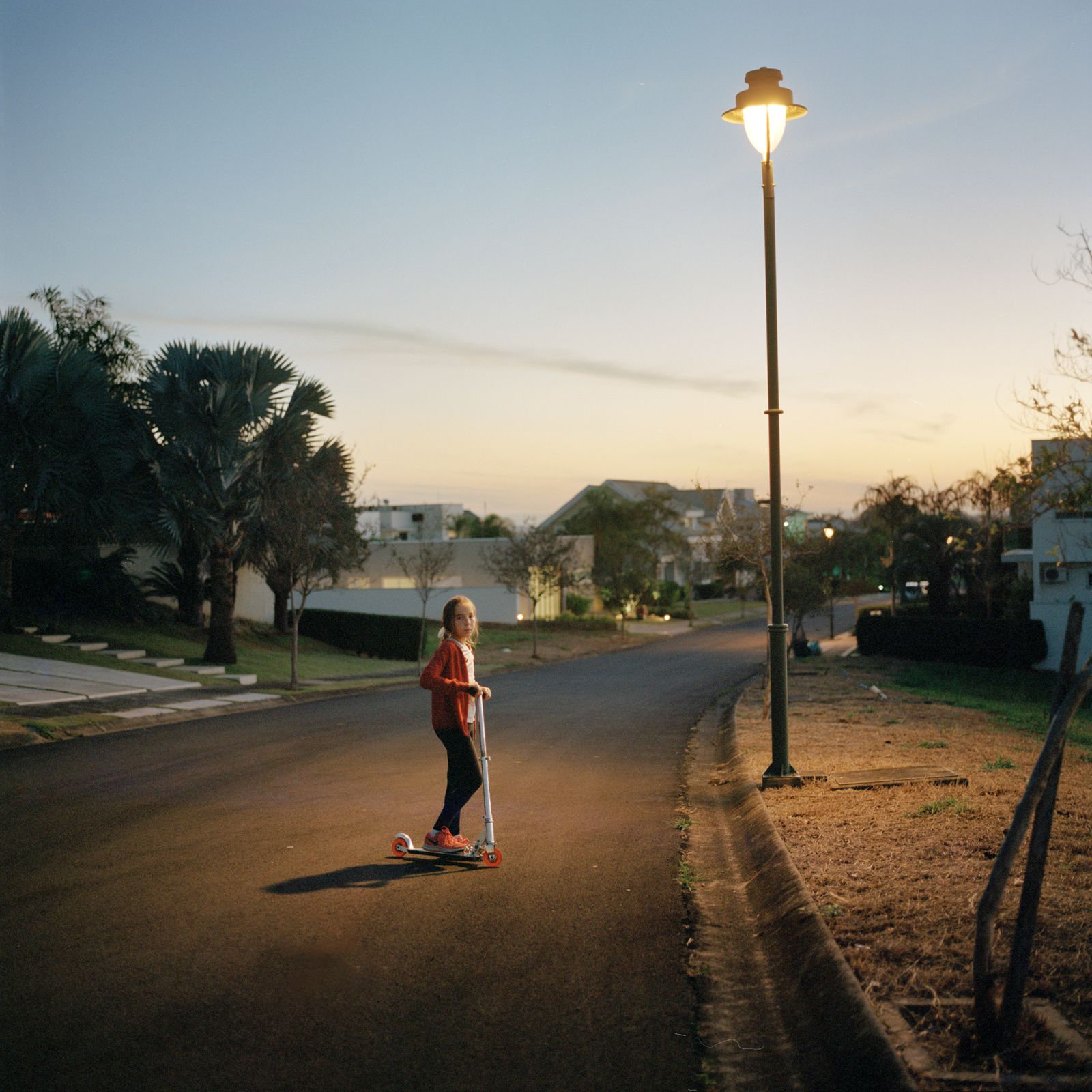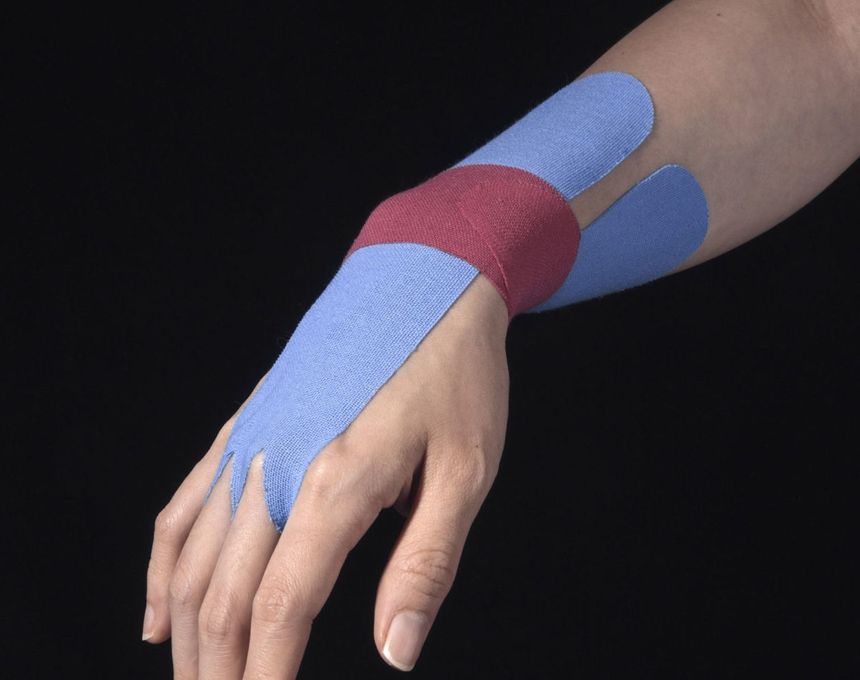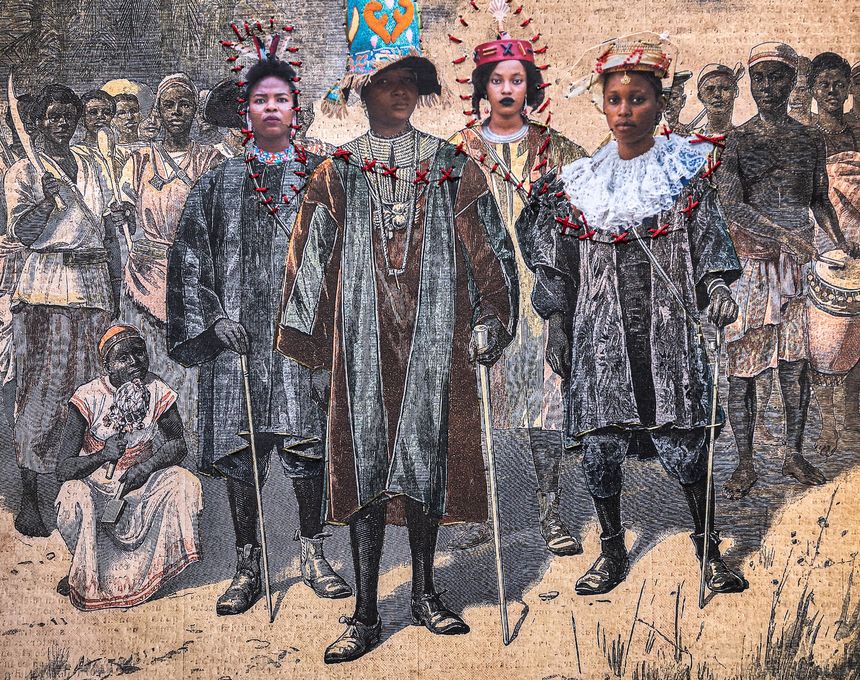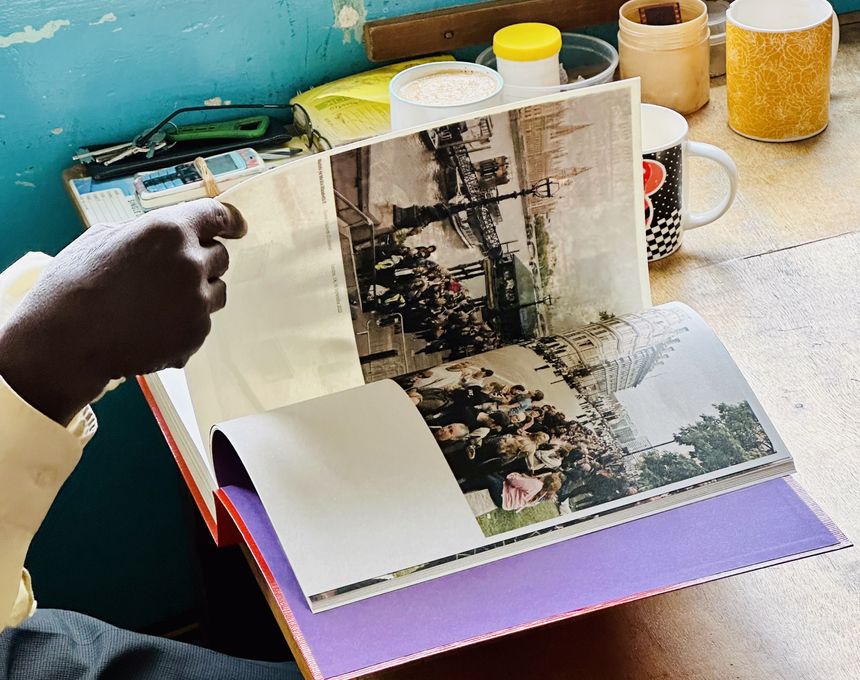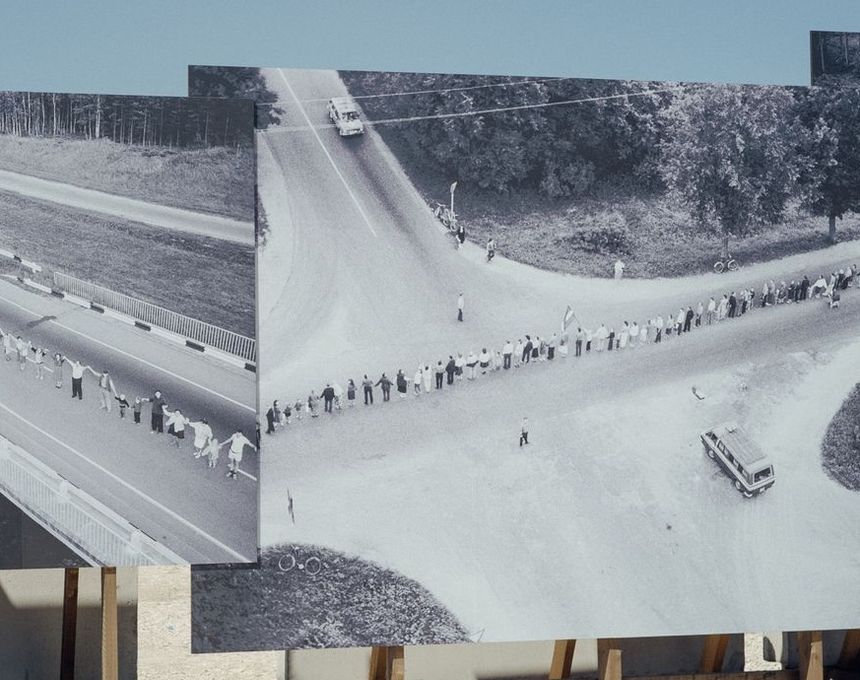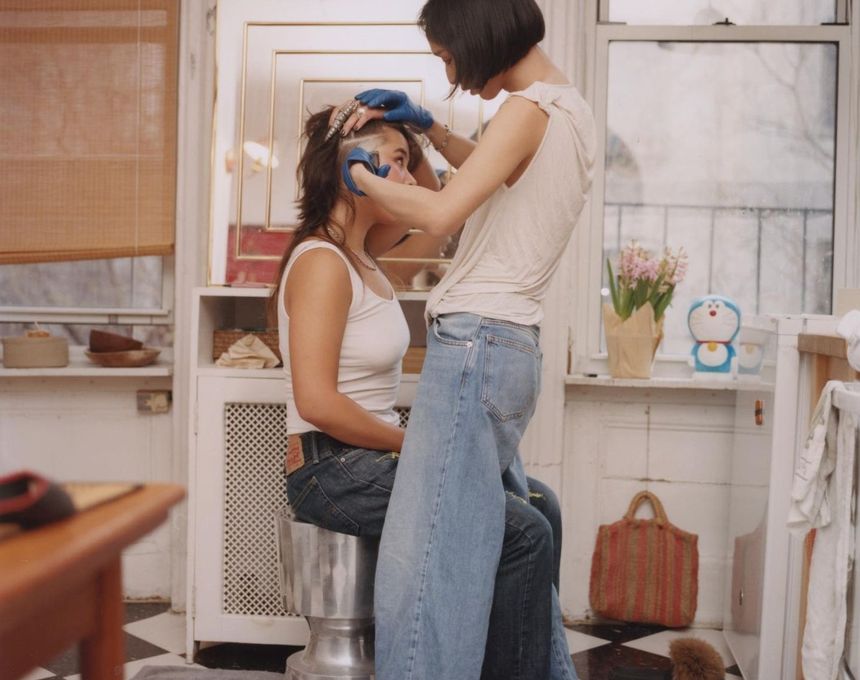The Sinister Atmosphere of a Simulated Bliss
-
Published30 Aug 2017
-
Author
Brazilian photographer Giovana Schluter chronicles the sanitised living of gated community Paradise Garden, revealing the cracks in its utopian facade.
Brazilian photographer Giovana Schluter chronicles the sanitised living of gated community Paradise Garden, revealing the cracks in its utopian facade.
© Giovana Schluter, from the series, Paradise Garden
Everything’s in place, everything is neatly arranged. But something is off, almost imperceptibly. “Something is hiding, something that is wrong with [all] this.” Brazilian photographer Giovana Schluter tries to describe the immaculate but eerie atmosphere of the gated community known as Paradise Garden in Indaiatuba, southeast Brazil - a sanitised reality with a hint of oppression, turning the village into a fortified compound.
Sixty miles northeast of São Paulo, Paradise Garden is a secluded enclave where members of the Brazilian upper middle class seek refuge from petty crime, illicit activities, and poverty that fuel class stratification and breed social paranoia. Away from the city, Paradise Garden promises an escape to a suburban utopia: its safety, first and foremost; its quality of life, exemplified in lawn after lawn neatly mowed; spacious backyards, kids playing in the streets.
There are "forces that these enclaves are trying to keep at bay,” Schluter says. And they do so through nearly three miles of walls running along the village’s perimeter; through electric fences, barbed wire, and motion sensors atop the walls; and through armed police patrolling the gates, and guards ID-ing guests, asking residents for their fingerprints as they welcome them home.
Inside, monitored by security cameras, tenants live on quiet streets named after Italian cities. Among the amenities, two tennis courts, a soccer field and common areas for barbeques punctuate the otherwise sterile scenery. “It is a very isolating experience, especially because there isn’t that dimension of the city, because it is so far away… It's very easy to live your entire life completely oblivious to the rest of the world and other realities in your country,” Schluter says.
Outside, a different life, rough and precarious but colourful and true, is just a short drive away. Indeed, nobody walks to the nearest town. Schluter herself hasn’t learned how to drive, out of distaste for the youth’s dependence on cars.
A portrait and documentary photographer, Schluter investigates the relation between the manmade landscape and human life, as well as the notion of place and belonging. Her interest in this atmosphere is personal - she grew up in a similar community and her mother resides in Paradise Garden. Still, her natural curiosity is reinforced by a desire to understand a growing trend as gated villages have kept spreading since the ’70s, when they first became common in the suburbs of Brazil.
With her 6x6 medium-format photographs carefully “composed and almost contrived,” Schluter’s aesthetic reflects the suspended, irrational sense of calm that conceals a deeper discontent and melancholy. Springing from abstract ideas, her aesthetic hinges on subtraction. The result is a subtle, quiet, nearly motionless portrayal of a village where time (and reality) seems artificially suspended. It’s found in the teens’ postures of boredom, the aseptic monotony of a village as storm clouds approach, the flawless façades smoothing over any idiosyncrasies. Schluter collects details. “The things that are not directly the subject of the story are the things that I am actually interested in,” she says. “It’s all about the atmosphere and the things that are between the lines... [I am] more interested in the periphery of actual things.” From stitched-together clues, Paradise Garden’s unique atmosphere and contradictions emerge.
It's a bubble. And a vein effort to keep the world at bay, Schluter says; it will catch up at some point. “Places like that are only making the living space worse,” she admonishes. “When you make the upper middle-class enclave the basic city-making model, you're generating differences in the space, you're asserting differences. You're not making the city safer: you're just basically raising these walls.”
--------------
Giovana Schluter is a portrait and documentary photographer based in Brooklyn, in New York City.
Lucia De Stefani is a multimedia reporter focusing on photography, illustration, culture, and everything teens. She lives between New York and Italy. Find her on Twitter and Instagram.
